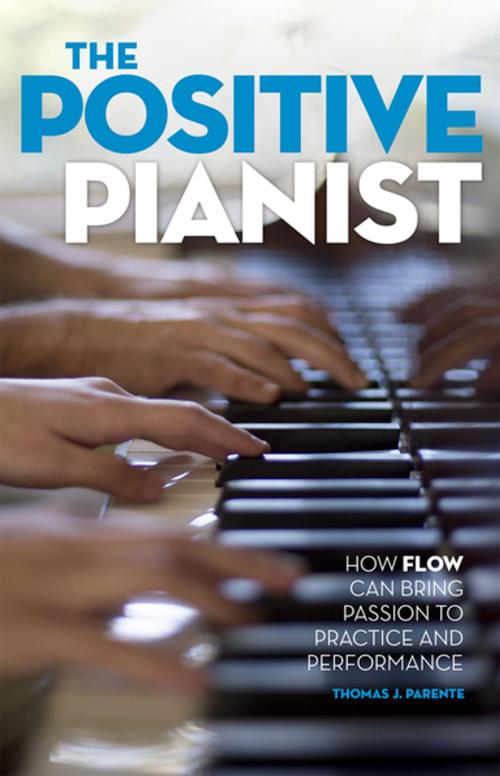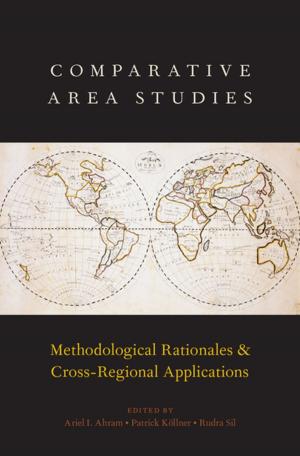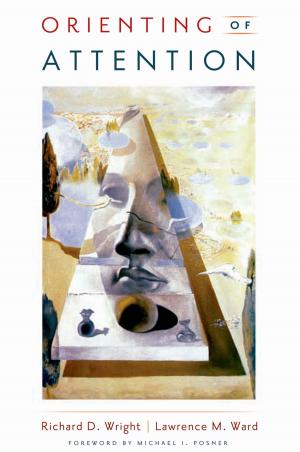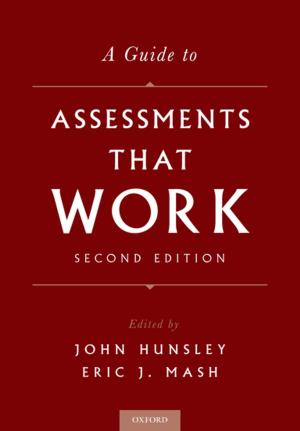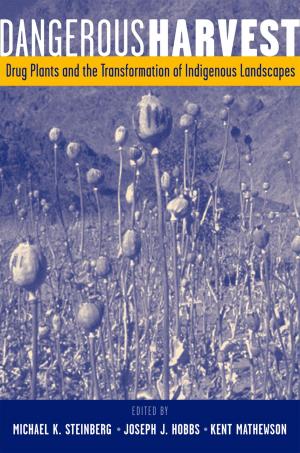The Positive Pianist
How Flow Can Bring Passion to Practice and Performance
Nonfiction, Entertainment, Music, Instruments & Instruction, Piano & Keyboard, General Instruments| Author: | Thomas J. Parente | ISBN: | 9780199316632 |
| Publisher: | Oxford University Press | Publication: | February 3, 2015 |
| Imprint: | Oxford University Press | Language: | English |
| Author: | Thomas J. Parente |
| ISBN: | 9780199316632 |
| Publisher: | Oxford University Press |
| Publication: | February 3, 2015 |
| Imprint: | Oxford University Press |
| Language: | English |
In The Positive Pianist: How Flow Can Bring Passion to Practice and Performance, author Thomas J. Parente applies the concept of flow to the practice of piano playing, demonstrating how student musicians can experience enjoyment and confidence from succeeding at something that challenges them to an engaging level. By using Mihaly Csikszentmihalyi's theory of flow to musical performance, Parente shows that linking productivity and enjoyment in piano playing has a positive impact on students, motivating them to practice more in order to experience flow again; this creates optimal learning conditions for piano practicing. As the chapters progress, Parente shows students how to evaluate their own progress and offers teachers the tools to impart on their students an optimal practice method: one informed by flow. Parente argues for an objective, goal-oriented backdrop that will lead piano students to achieve greater confidence, accuracy, and musicality. The Positive Pianist draws on the author's forty years of teaching experience and research to show piano students and their teachers how to develop a productive, focused mental state when practicing the piano.
In The Positive Pianist: How Flow Can Bring Passion to Practice and Performance, author Thomas J. Parente applies the concept of flow to the practice of piano playing, demonstrating how student musicians can experience enjoyment and confidence from succeeding at something that challenges them to an engaging level. By using Mihaly Csikszentmihalyi's theory of flow to musical performance, Parente shows that linking productivity and enjoyment in piano playing has a positive impact on students, motivating them to practice more in order to experience flow again; this creates optimal learning conditions for piano practicing. As the chapters progress, Parente shows students how to evaluate their own progress and offers teachers the tools to impart on their students an optimal practice method: one informed by flow. Parente argues for an objective, goal-oriented backdrop that will lead piano students to achieve greater confidence, accuracy, and musicality. The Positive Pianist draws on the author's forty years of teaching experience and research to show piano students and their teachers how to develop a productive, focused mental state when practicing the piano.
